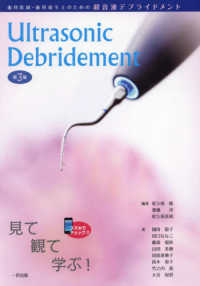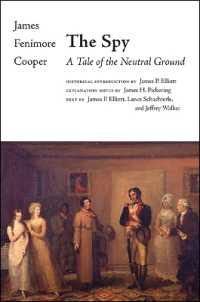Full Description
This book examines the wide range of multilingual devotional performances engaged in by young Muslims in the UK today. It evaluates the contemporary mosque school in the UK and contrasts this with practices from the past and with prevailing discourses (both political and other) which suggest that such institutions are problematic. It also challenges the highly-politicised and mediatised discourse which suggests that linguistic diversity presents a threat to the privileging of monolingualism in the UK. Finally, it argues for the usefulness of the term 'ultralingual' when analysing the multilingual devotional language performances of these young people.
Contents
List of Figures
Acknowledgements
Foreword
1. Introduction
2. Multilingual and Ultralingual Devotional Practices among British Muslim Youth
3. The Research of Ultralingual Practice in the Community: A 'Gentle Ethnography'
4. Ultralingual Language Practice in Devotional Settings
5. Ultralingual Devotional Performance in 2000 and in 2019
6. 'Al-Qur'an': The Sacred Text and its Centrality (Mosque School A)
7. The Qur'anic Supplementary School in a Superdiverse Setting (Mosque School B)
8. 'Naat and Nasheed: The Performance of Devotional Songs and Poetry (Mosque School C)
9. Leaving 'the Mawlana and the Child' Behind (Mosque School D)
10. 'Binding and Shifting': Language Continuity and Linguistic Change in Ultralingual Devotional Practices
References
Index







